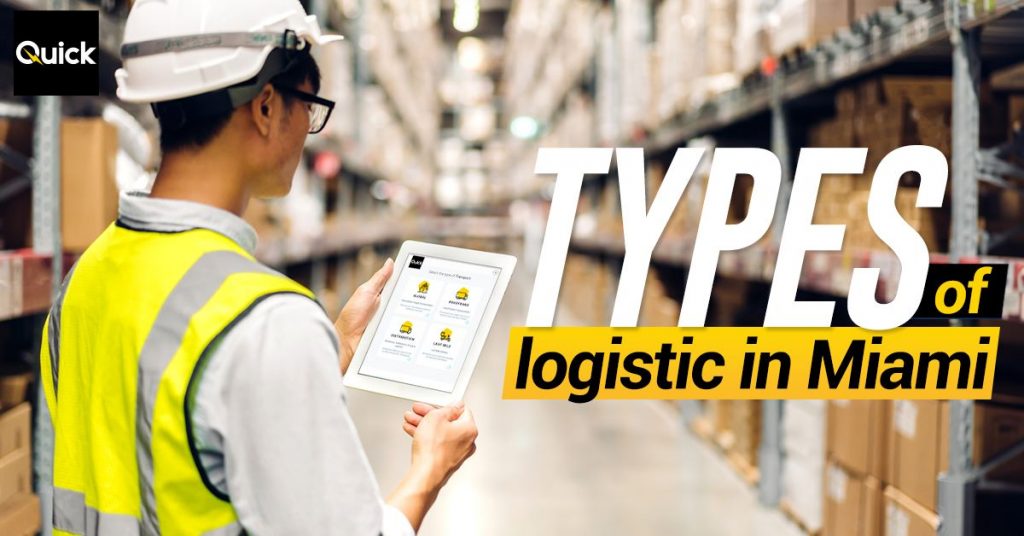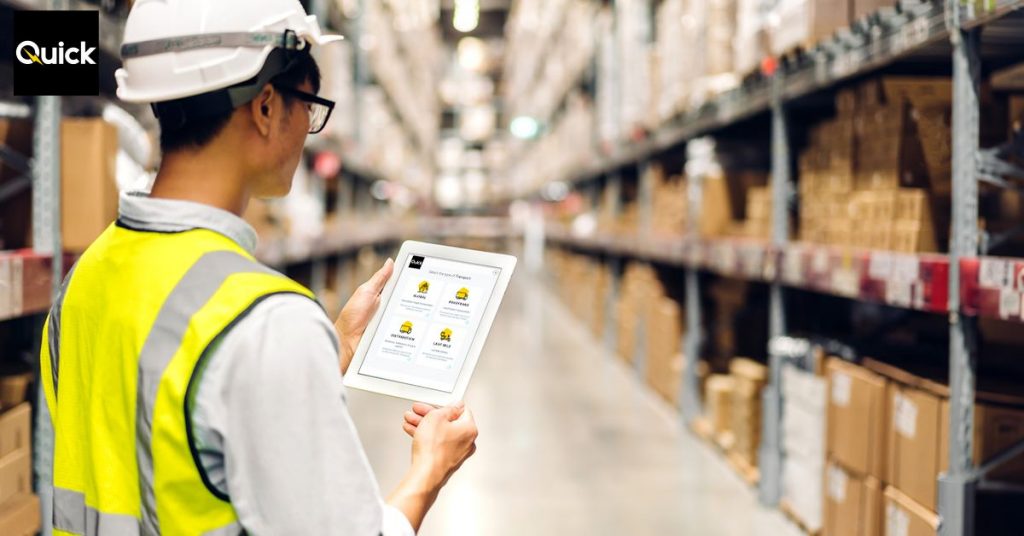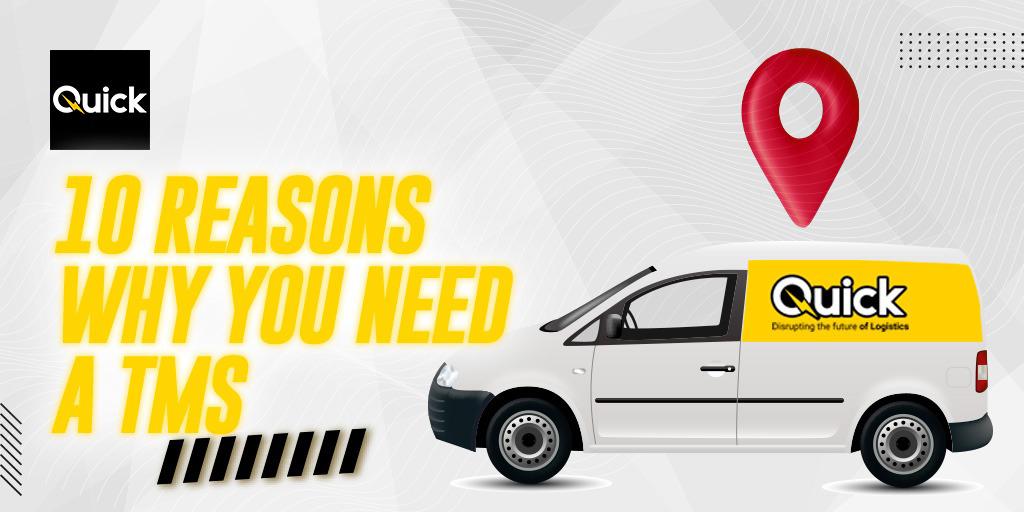
Miami is a city with an important port and a strategic location for international trade, where you can find different types of logistic. In this article we will tell you what they are, read on.
It is known as “the gateway to the Americas”, as it has established itself as an important port and logistics hub in the region. It has ideal characteristics that led it to take this position, such as:
- Being located on the east coast of the United States, on the trade routes of North America, Latin America, the Caribbean and Europe. In addition to having access to the Atlantic Ocean and the Gulf of Mexico.
- Having the busiest port in the United States and being the main cruise port in the world, where it has a specialized infrastructure to carry out a wide network of transportation and logistics services that we will talk about later.
- Having an international airport that acts as one of the main entry points for air cargo on the continent. MIA (Miami International Airport) has direct flights from more than 160 destinations worldwide.
- Being an international business and trade center. The city hosts multiple trade fairs, conferences and events related to trade and logistics, which attract hundreds of companies that drive the growth of the region.
Thanks to all this development, Miami is home to a variety of logistics processes. Likewise, in the City of the Sun, there are also several operators who offer specialized logistics services to companies. However, it is necessary to know what conditions must be met in order to choose the best one.
Types of logistic
International transport
As we have seen, Miami is an important logistics hub with a port and an international airport where the most important commercial operations in the region take place. Therefore, having a good logistics for international transportation is essential for the management of sea, air and land cargo.
If you want to quote these services for your company, the best option is to count on a freight forwarder like Quick, which performs neutral airfreight operations with the best cargo airlines, as well as FCL and LCL services with the most reliable shipping companies in the industry.
Inland freight
Miami has an extensive network of highways and railroads that connect it with other cities and neighboring countries. This allows for a smooth distribution process. But it is not the only reason why some companies differentiate themselves from their competition when it comes to delivering their products to satisfied customers, having a logistics partner that can provide this service will make a big difference.
Quick moves goods locally and interstate and to specific points across the country from Miami, and also transports ocean containers to U.S. ports.
Last mile distribution
Pick-up processes are also important aspects of logistics in Miami. Companies may require pick-up and delivery services to receive, sort and process products locally.
In this regard, it is again necessary to have a strategic partner with a large fleet of vehicles, of all sizes, to transport the variety of cargo coming into the MIA and the Port of Miami.
Quick has full time dedicated trucks for distribution according to the logistic needs of each company, transports to specific points from warehouse to stores or points of sale and moves import and export cargo between airlines (TSA & BONDED), airports and warehouses.
Warehouse
Given the large volume of trade that passes through Miami, there is a significant demand for warehousing and inventory management services. For logistical ease, those spaces must be close to the cargo arrival points: the Miami airport and port.
If you are interested in this service, Quick has a hub strategically located 30 minutes from the port and 15 minutes from the international airport. This warehouse also has ample storage capacity, as it has 66,000 m² and 25 doors.
Miami has established itself as the most important logistics hub in the Americas, thanks to its strategic location, first class infrastructure and international trade connections. The sum of these factors has contributed to the development of various types of logistics, which companies can take advantage of if they have a logistics operator with comprehensive solutions, which in addition to experience guarantees the optimization of processes.
With all this, Miami becomes an incredible destination for logistics. What are you waiting for to discover all its potential with Quick?





